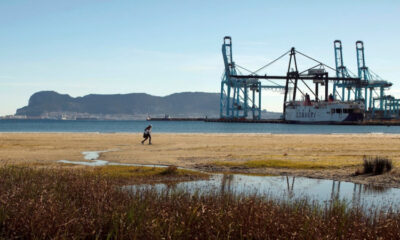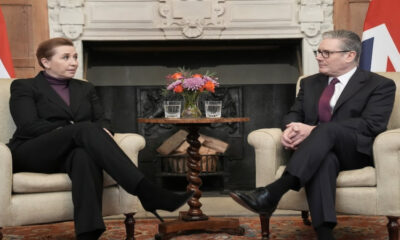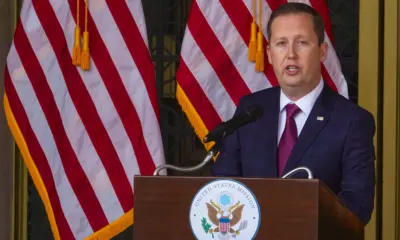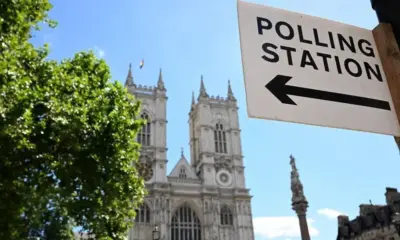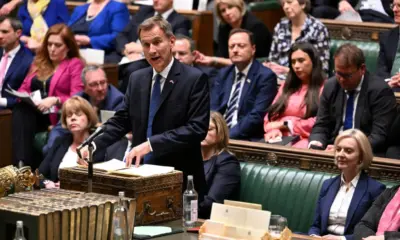Politics
The Evolving Post Brexit Trade Relations Across Europe
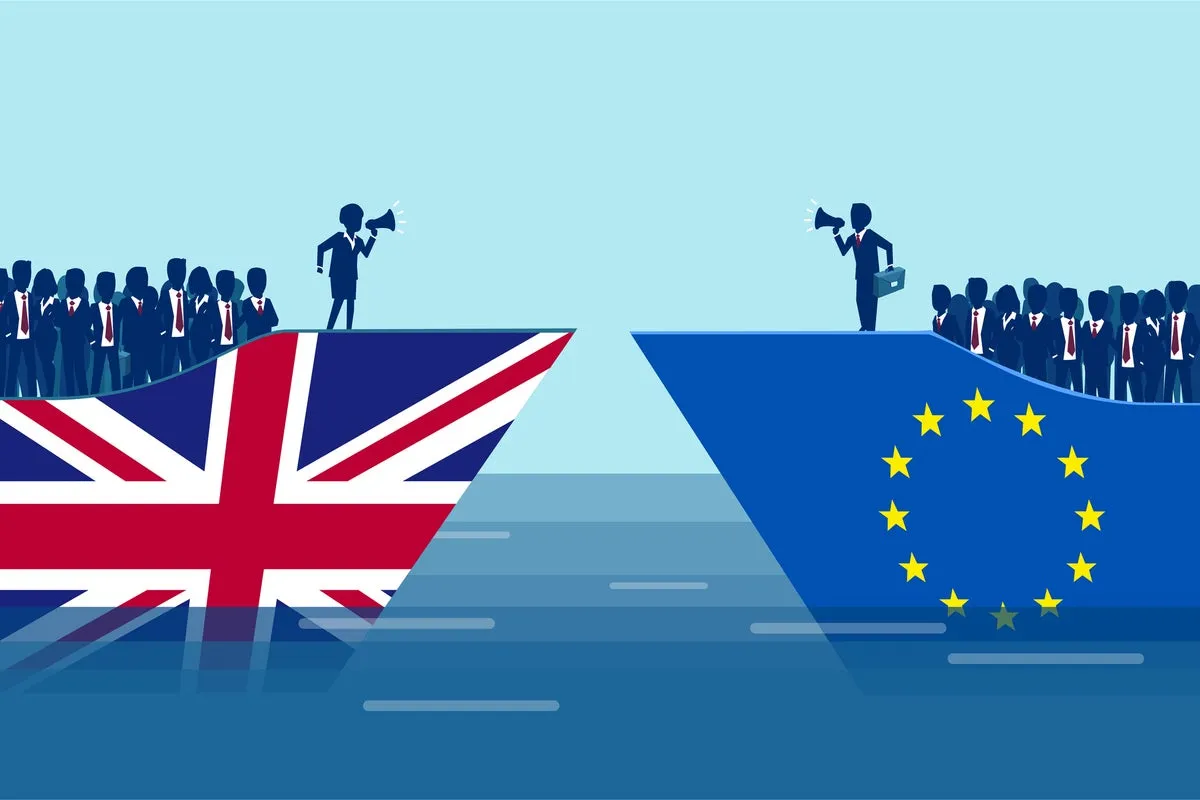
Five years after Brexit, the United Kingdom is reshaping its trade relationships with the European continent through a mix of regulatory adjustments, bilateral agreements, and strategic diplomacy. The post-Brexit transition has entered a new phase in 2026 as both sides focus on pragmatic cooperation rather than political confrontation.
London’s policymakers have increasingly emphasized stability and long-term economic integration, aiming to sustain competitiveness while preserving sovereignty. According to the Department for Business and Trade, goods exports to the European Union increased by 5.8 percent in the first three quarters of 2025, marking the strongest performance since withdrawal.
Strategic Negotiations and New Trade Mechanisms
Recent dialogues between London and Brussels have resulted in new frameworks that simplify customs processes and reduce border delays. The revised UK-EU Trade Facilitation Agreement, expected to be finalized early in 2026, will streamline digital documentation and data sharing across logistics networks.
Officials are also working to align product certification systems, particularly in pharmaceuticals, automotive components, and renewable technologies. This policy shift is designed to enhance industrial interoperability without reintroducing the political constraints of the European Single Market.
Business Confidence Returns Gradually
After several years of uncertainty, business sentiment among British exporters has improved. According to the Confederation of British Industry, 61 percent of medium and large enterprises expect trade volumes with Europe to grow in the next year.
Manufacturers in regions such as the Midlands and the North East report increased stability in supply chains, with logistics costs falling due to better coordination at ports. Despite lingering frictions, the volume of UK trade with the EU remains substantial, accounting for around 42 percent of total exports.
The Financial Sector Adapts to Regulatory Divergence
The City of London continues to maintain its position as a dominant financial center in Europe despite regulatory divergence. While some firms relocated operations to Dublin and Frankfurt, many are now returning or expanding back into London due to its depth of capital markets, fintech infrastructure, and legal reliability.
The government’s updated financial services memorandum with the EU has established mutual recognition of digital financial instruments and green investment frameworks. This ensures continued capital flow between London and European hubs, reinforcing London’s influence in setting international financial standards.
The Role of Technology in Facilitating Trade
Technology has emerged as a key enabler of smoother post-Brexit trade operations. Blockchain-based customs management systems are being tested at major UK ports to enhance transparency and reduce manual inspections. Artificial intelligence is also being used to predict trade flows and detect potential supply chain bottlenecks.
These innovations not only improve efficiency but also reinforce compliance with evolving European regulatory norms. The UK’s focus on digital logistics platforms places it ahead of several EU member states in adopting smart trade infrastructure.
Supply Chain Realignment and Regional Integration
As global manufacturing patterns evolve, the UK is diversifying its sourcing strategies to reduce overdependence on specific regions. British companies are increasingly turning to Central and Eastern European markets for intermediate goods, leveraging lower labor costs and geographical proximity.
The government has also promoted the “Green Corridors” initiative that supports low-carbon trade routes between major ports like Rotterdam, Antwerp, and Southampton. This initiative complements the broader European objective of achieving carbon-neutral supply chains by 2030.
Energy and Climate Cooperation Strengthen Relations
Energy has become a critical component of the UK-EU partnership. Despite Brexit, the UK continues to participate in cross-border electricity trading through the North Sea interconnectors. These joint ventures ensure stable energy supply and align with Europe’s renewable transition agenda.
The UK is also collaborating with European partners on offshore wind projects and hydrogen technology development. Such initiatives underline the growing recognition that energy security and sustainability are shared priorities that transcend political boundaries.
Trade Diversification Beyond Europe
While rebuilding ties with the EU remains essential, London has simultaneously expanded its trade network with non-European partners. The UK’s accession to the Comprehensive and Progressive Agreement for Trans-Pacific Partnership has opened new markets in Asia-Pacific, giving exporters wider options for diversification.
This dual-track strategy aims to balance traditional European trade with new growth opportunities, ensuring that the UK remains globally competitive amid shifting economic dynamics.
Outlook for 2026
The next phase of post-Brexit relations is expected to focus on harmonizing standards in emerging sectors such as artificial intelligence, biotechnology, and digital finance. Diplomats describe this as a “new era of cooperation without dependence,” emphasizing mutual benefit over political symbolism.
While the scars of Brexit remain visible in some industries, the overall trajectory now leans toward pragmatic restoration of trust. The ability of London and Brussels to institutionalize flexible cooperation will determine whether Europe’s economic network can evolve into a model of 21st-century partnership.

